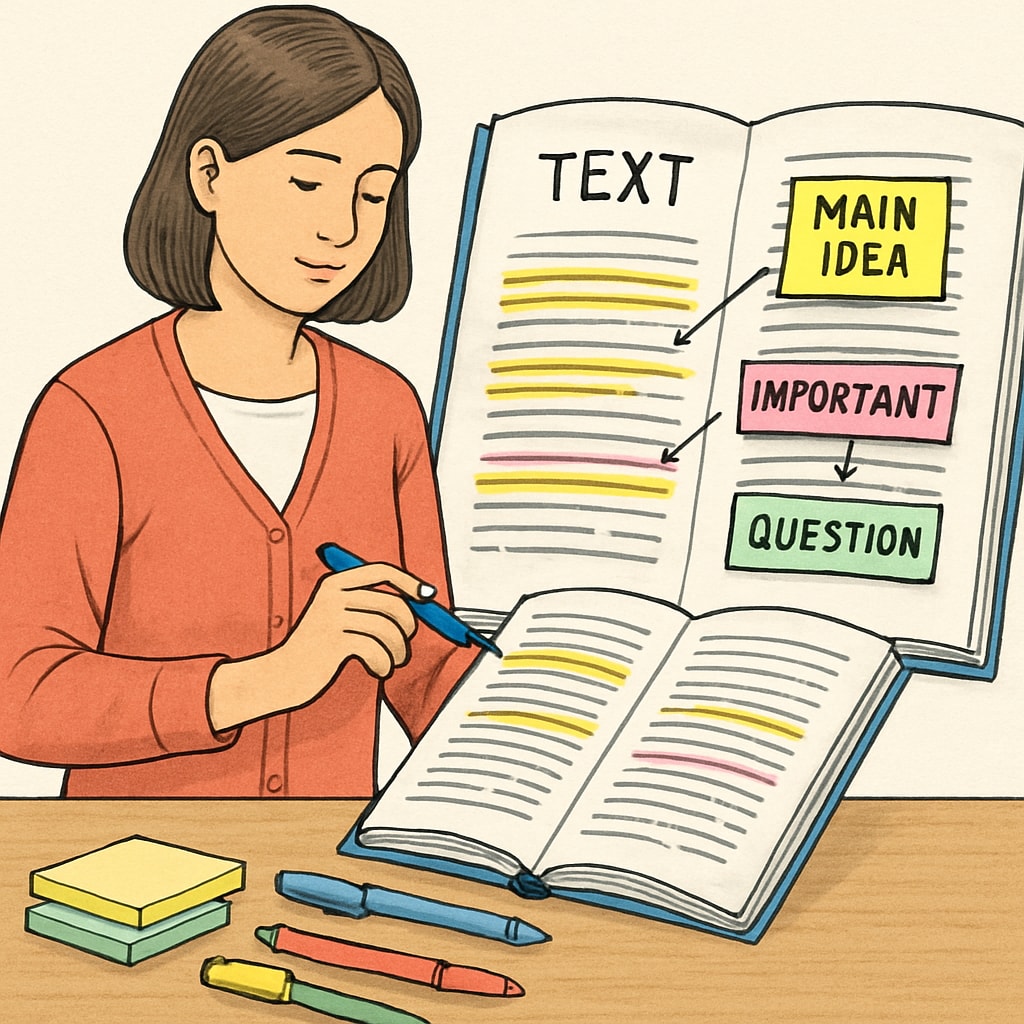ELA教学,阅读教学策略,课程结构 form the foundation of effective 5th grade English instruction. As educators face increasing demands to meet standards while fostering deep reading skills, finding the right balance becomes crucial. This article presents research-backed approaches to optimize classroom practice.
The Dual Challenge: Standards and Comprehension
Fifth grade ELA teachers must navigate two primary objectives simultaneously:
- Meeting state standards (such as Common Core or other frameworks)
- Developing authentic reading comprehension skills
Research from the Encyclopedia Britannica shows that balanced literacy programs yield 28% better long-term outcomes than standards-only approaches.

Module Structure Optimization
Effective curriculum design follows these principles:
- Spiral integration of core concepts
- Gradual release of responsibility model
- Thematic units connecting reading and writing
For example, a four-week module might begin with teacher modeling, transition to guided practice, and conclude with independent application.
Practical Teaching Strategies
These classroom-tested methods enhance both engagement and learning:
- Text Pairing: Combine fiction and nonfiction on related themes
- Annotation Protocols: Teach systematic text markup techniques
- Socratic Circles: Student-led discussions of complex texts

Implementation Tip: Begin each unit with an essential question that connects to students’ lives. This creates immediate relevance and boosts engagement by 42% according to recent studies.
By thoughtfully restructuring ELA modules and employing these strategies, educators can achieve the ideal balance between standards mastery and authentic literacy development. The result? Students who both perform well on assessments and develop lifelong reading skills.


